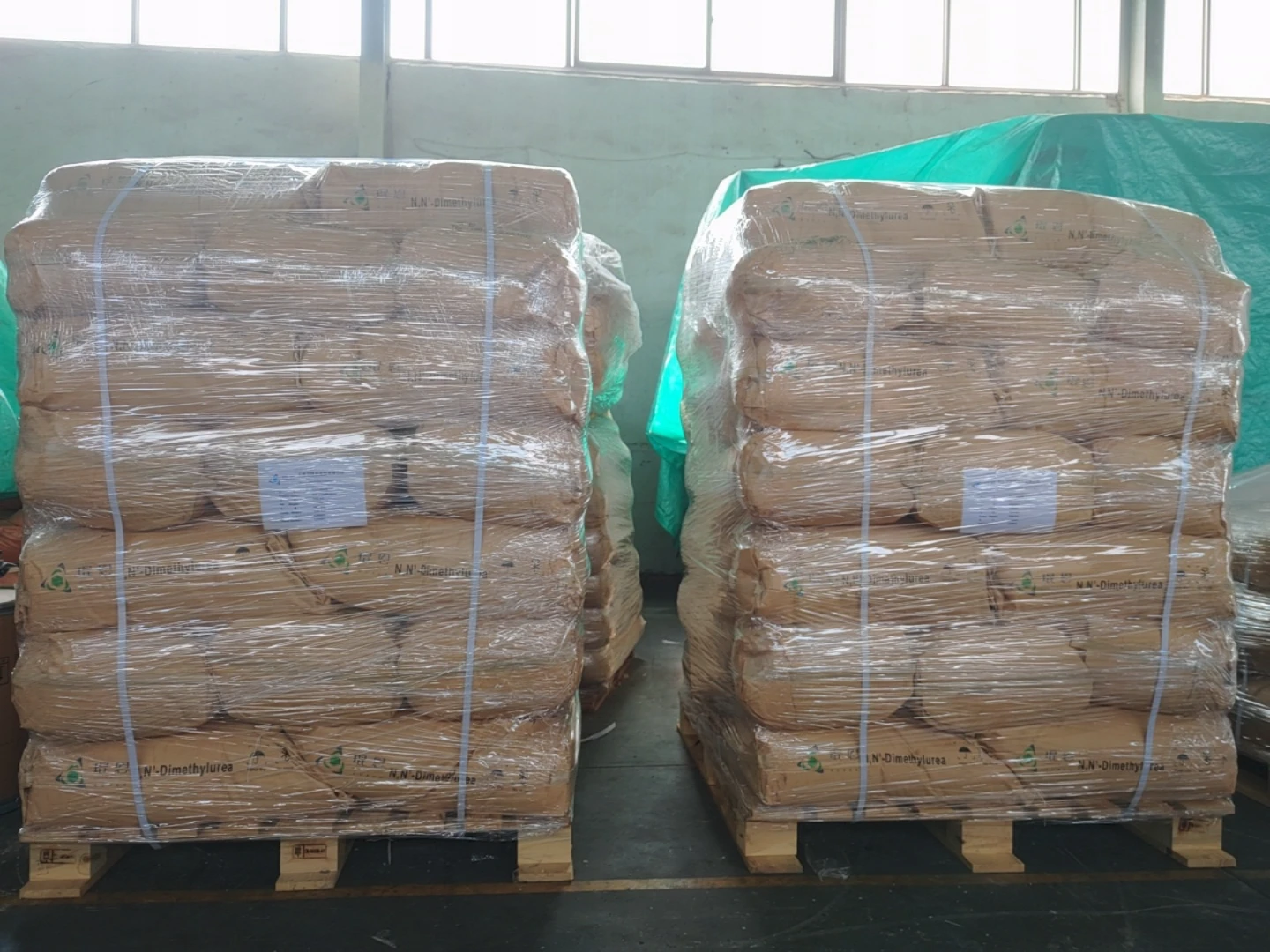The Role of Plastic Modifiers in Enhancing Material Properties
Plastics have become an integral part of modern life, used in countless applications across various industries, from packaging to automotive manufacturing. However, the inherent properties of some plastics can limit their use in certain applications. To overcome these limitations, plastic modifiers are used to enhance the performance and characteristics of plastic materials, ensuring they meet specific requirements for different applications.
Plastic modifiers are additives that are incorporated into the polymer matrix to alter its properties. These modifiers can improve flexibility, impact resistance, thermal stability, and overall durability. The use of plastic modifiers is crucial in tailoring plastics to fit particular purposes, thereby broadening the scope of their applicability.
One of the primary categories of plastic modifiers is impact modifiers. These are added to brittle plastics such as polystyrene and polyvinyl chloride (PVC) to enhance their toughness. Without impact modifiers, these materials are prone to cracking and breaking under stress. By incorporating substances like rubber particles or elastomers, manufacturers can increase the elasticity of the plastic, allowing it to withstand impacts without compromising its structural integrity.
Another important type of plastic modifier is the processing aid. These additives improve the flow characteristics of polymers during manufacturing processes such as extrusion and injection molding. They help reduce the viscosity of molten plastic, which enhances the ease of processing and contributes to superior product quality. Furthermore, processing aids can minimize defects in the final product, such as uneven thickness or surface blemishes.
plastic modifier

Fillers are also considered plastic modifiers, which serve multiple purposes. Common fillers include talc, calcium carbonate, and glass fibers. They can enhance the strength, stiffness, and thermal properties of plastics while also reducing costs. For instance, adding glass fibers can significantly improve the tensile strength of composites, making them suitable for construction and automotive applications.
Moreover, plastic modifiers can also provide additional functionalities, such as improving UV resistance or flame retardance. Stabilizers and flame retardants are examples of additives that can be incorporated into plastics to enhance their performance in harsh environments or to comply with safety regulations. These modifications not only extend the lifespan of plastic products but also contribute to the safety and well-being of the end-users.
In recent years, there has been a growing focus on developing environmentally friendly plastic modifiers, as sustainability becomes a priority in the industry. Biodegradable modifiers and recycled materials are being explored to reduce the ecological footprint of plastic products. This shift towards greener alternatives aligns with global efforts to tackle plastic pollution and promote sustainable manufacturing practices.
In conclusion, plastic modifiers play a vital role in the enhancement of polymer properties, making them suitable for a wide array of applications. From improving impact resistance to enhancing processability and introducing additional functionalities, these additives are essential in the ongoing innovation within the plastics industry. As research continues and new materials are developed, the potential for plastic modifiers will only expand, leading to more efficient, durable, and sustainable plastic solutions in the future.

